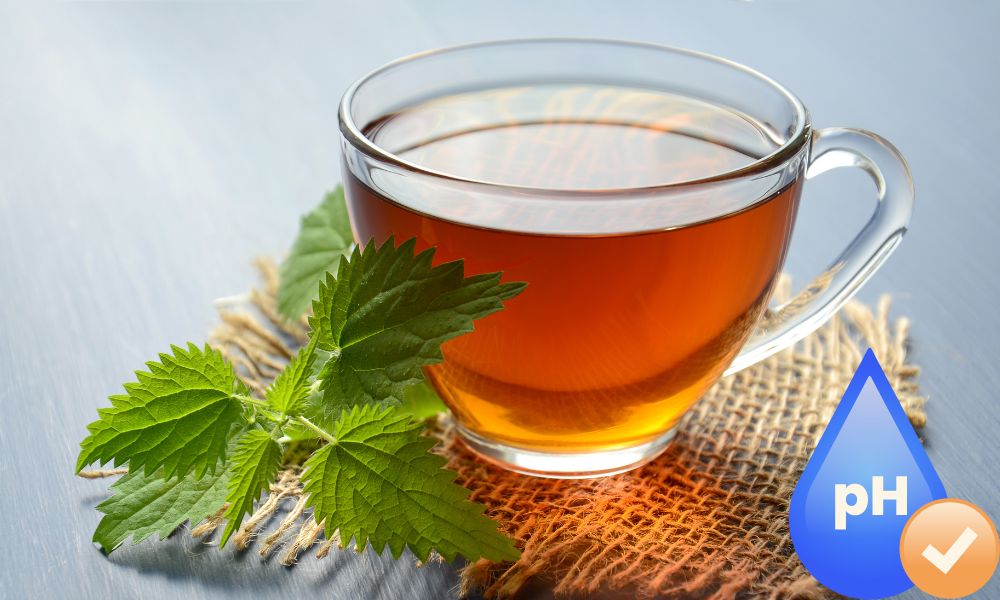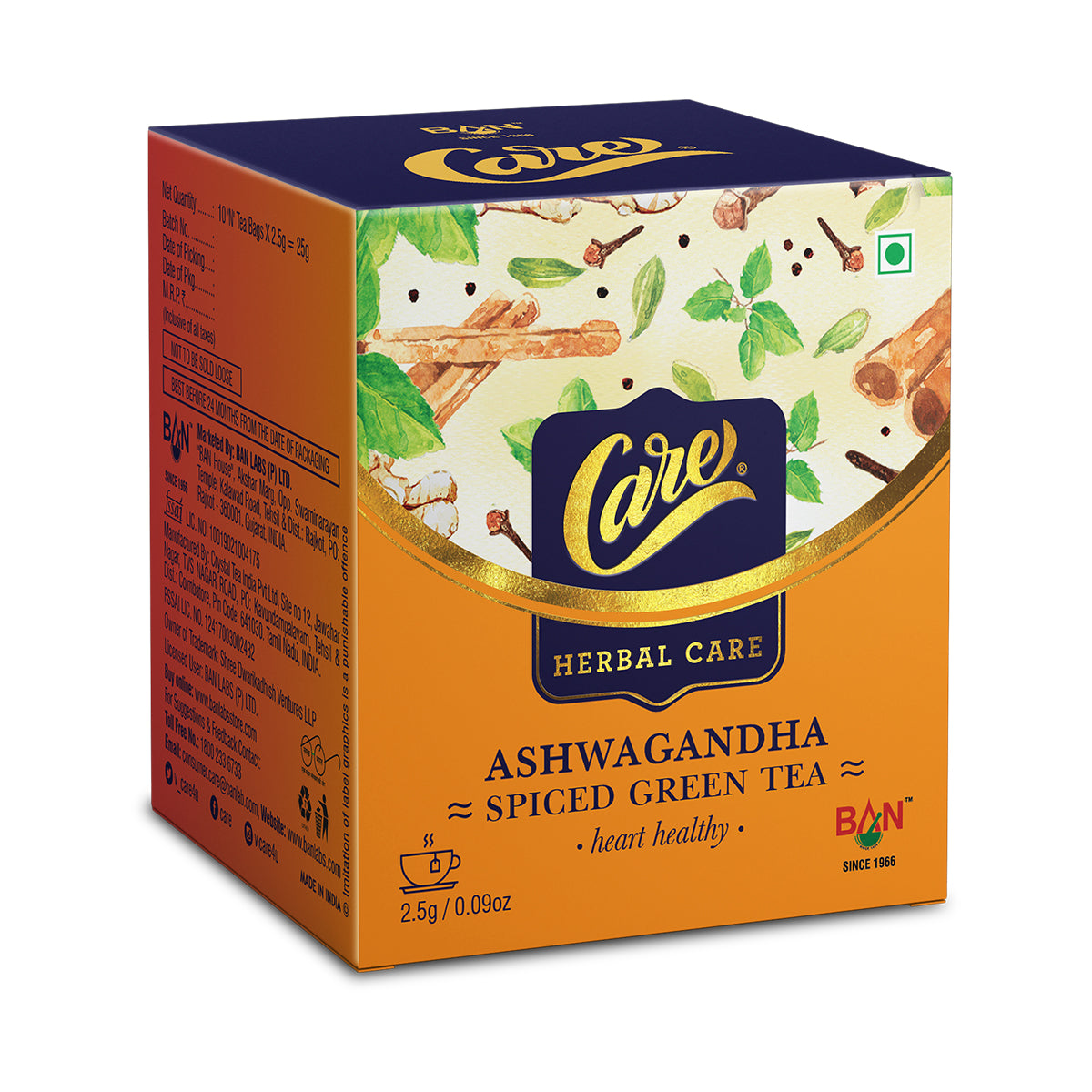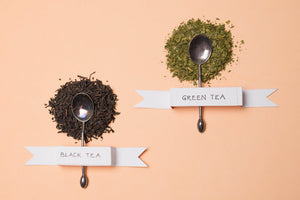Is Green Tea Acidic? Understanding Its pH and Effects on Your Health

Green tea has been widely celebrated for its health benefits, from promoting relaxation to enhancing focus, but if you’re dealing with acid reflux or simply aiming for a balanced diet, you might wonder about its acidity.
In this article, we’ll explore whether green tea is acidic or alkaline, how it compares to coffee, and its effects on your body, especially for those concerned about acid reflux and digestive health.
Is Green Tea Acidic or Alkaline?
To determine if green tea is acidic or alkaline, it’s essential to understand pH levels, which measure a substance's acidity or alkalinity on a scale from 0 to 14. Pure water, considered neutral, has a pH of 7. Any value below 7 is acidic, while values above 7 are alkaline.
Green tea typically has a pH between 6.5 and 7.5, which makes it quite close to neutral and slightly alkaline, depending on the brewing method and tea variety. While it is not acidic like citrus fruits or sodas, its pH can still vary slightly.
This quality is one reason green tea tends to be gentler on the stomach than other drinks, particularly coffee, which is notably more acidic.
Green Tea vs. Coffee: Which Is More Acidic?
If you’ve ever experienced acid reflux after drinking coffee, coffee generally has a pH between 4.85 and 5.10, making it significantly more acidic than green tea. Green tea’s near-neutral pH often makes it a better choice for people sensitive to acidic foods and beverages.
While coffee’s acidity can stimulate stomach acid production, sometimes leading to heartburn or acid reflux, green tea is less likely to trigger these issues due to its milder nature.
Is Green Tea Good for Acid Reflux?
One of the most common questions is whether green tea is safe for those with acid reflux or GERD (gastroesophageal reflux disease). Many people with acid reflux avoid acidic foods to prevent symptoms, and green tea’s relatively neutral pH makes it a generally safer option.
Green tea is also rich in antioxidants, particularly catechins, which can have a soothing effect on the digestive system.
That said, the caffeine content in green tea could still stimulate stomach acid, potentially leading to mild discomfort in some individuals. If you’re particularly sensitive to caffeine, consider opting for decaffeinated green tea or matcha, which is another form of green tea that’s less likely to irritate your stomach.
Green Tea’s Health Benefits and Digestive Effects
Beyond pH levels, green tea offers a wealth of benefits that support overall health. The antioxidants in green tea, like catechins, are known to combat inflammation and may even help protect your cells from damage.
This anti-inflammatory effect can be beneficial for those dealing with digestive issues, as it may help reduce the irritation associated with acid reflux and other gastric conditions.
Green tea can also aid in digestion. Unlike more acidic drinks, it’s gentle on the stomach and can help reduce bloating or discomfort, making it an ideal choice for people who want a relaxing yet health-boosting beverage.
Matcha Green Tea: A Friendlier Option?
Matcha, a powdered form of green tea, is another excellent choice if you’re looking for an even gentler, low-acid drink. Because you’re consuming the entire tea leaf, matcha has a slightly higher concentration of antioxidants than brewed green tea.
It’s often praised for providing calm, sustained energy due to a compound called L-theanine, which balances out caffeine’s stimulating effects. Plus, matcha is even closer to neutral on the pH scale, making it suitable for those with acid sensitivities.
Tips for Drinking Green Tea with Acid Reflux
If you want to incorporate green tea into your diet but are concerned about acid reflux, here are a few tips:
- Drink it lukewarm or cold: Hot drinks can sometimes aggravate acid reflux. Try sipping lukewarm or iced green tea to reduce the risk of discomfort.
- Avoid it on an empty stomach: Drinking green tea with food may lessen its impact on stomach acid levels.
- Try decaf varieties: If caffeine triggers acid reflux for you, opt for decaf green tea, which can still offer antioxidant benefits without stimulating excess stomach acid.
For most people, green tea’s pH balance and gentle properties make it a good choice, even for those with acid sensitivity. It’s less acidic than coffee and offers a range of health benefits, from supporting digestion to boosting antioxidant intake.
While everyone’s tolerance varies, green tea’s mild, almost neutral acidity usually makes it a safe and enjoyable option, especially when compared to more acidic beverages. Whether you’re managing acid reflux or simply aiming for a balanced diet, green tea could be a soothing addition to your daily routine.






